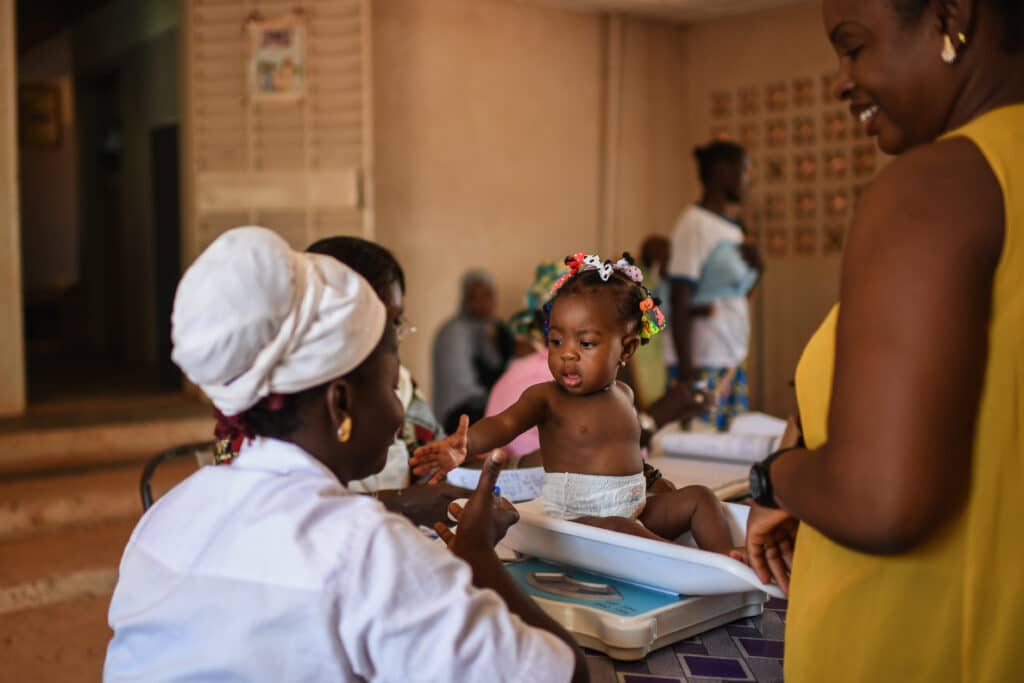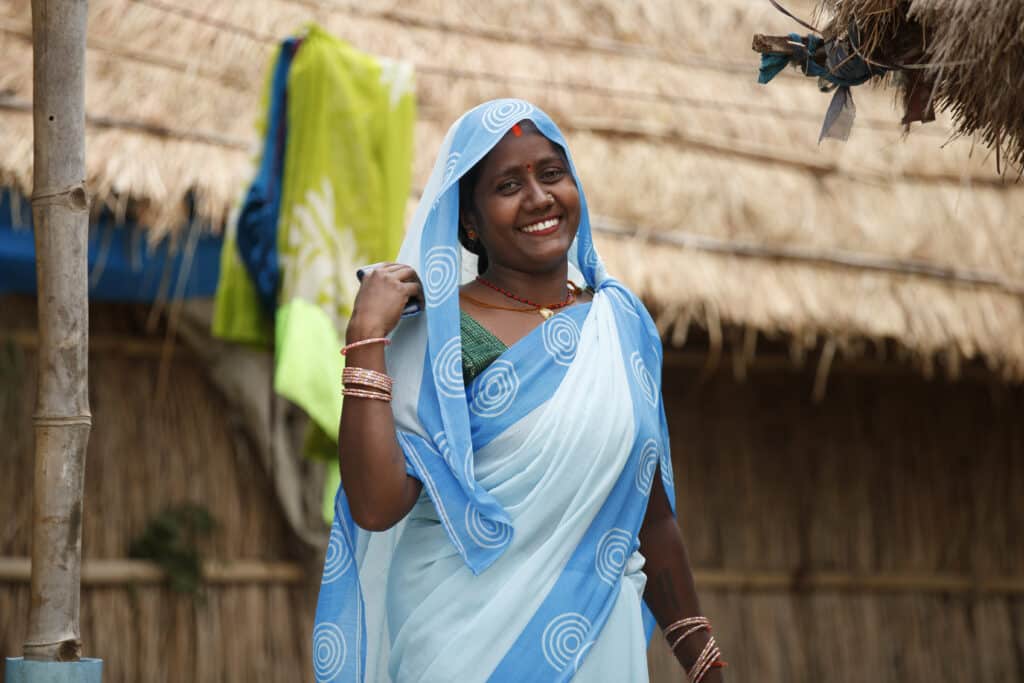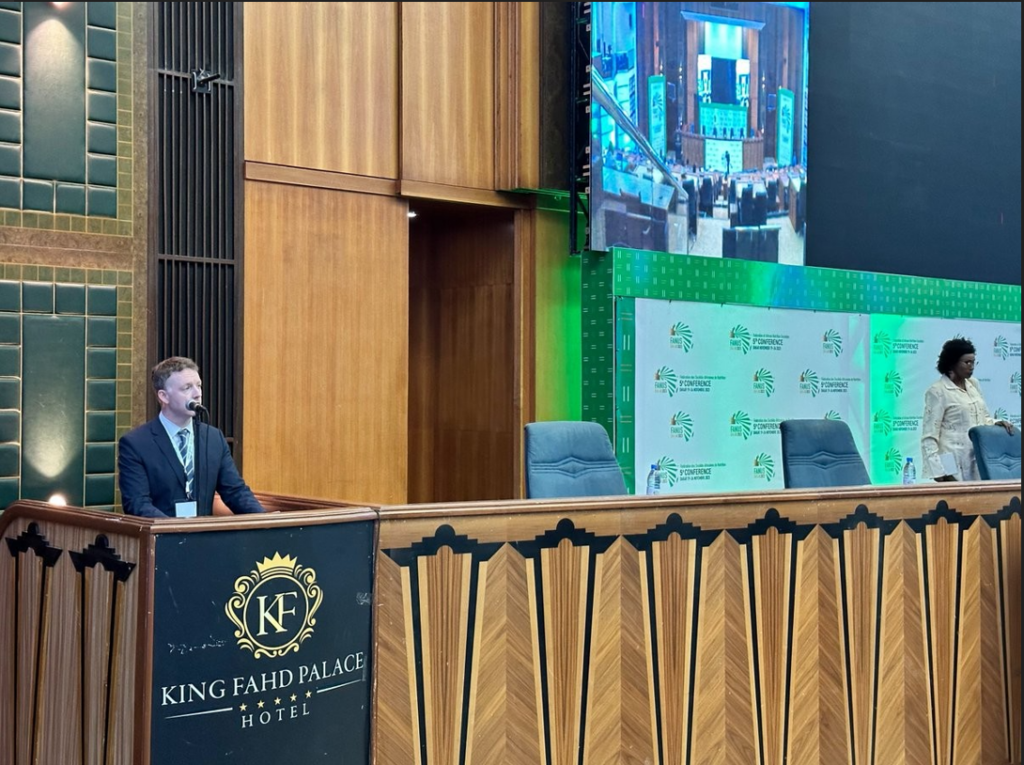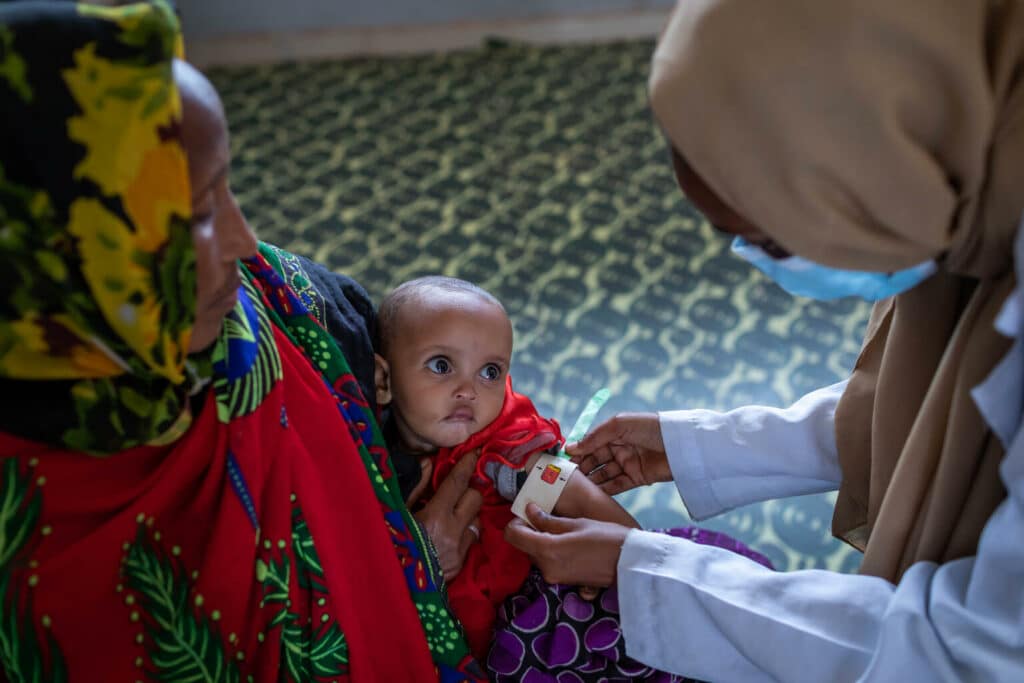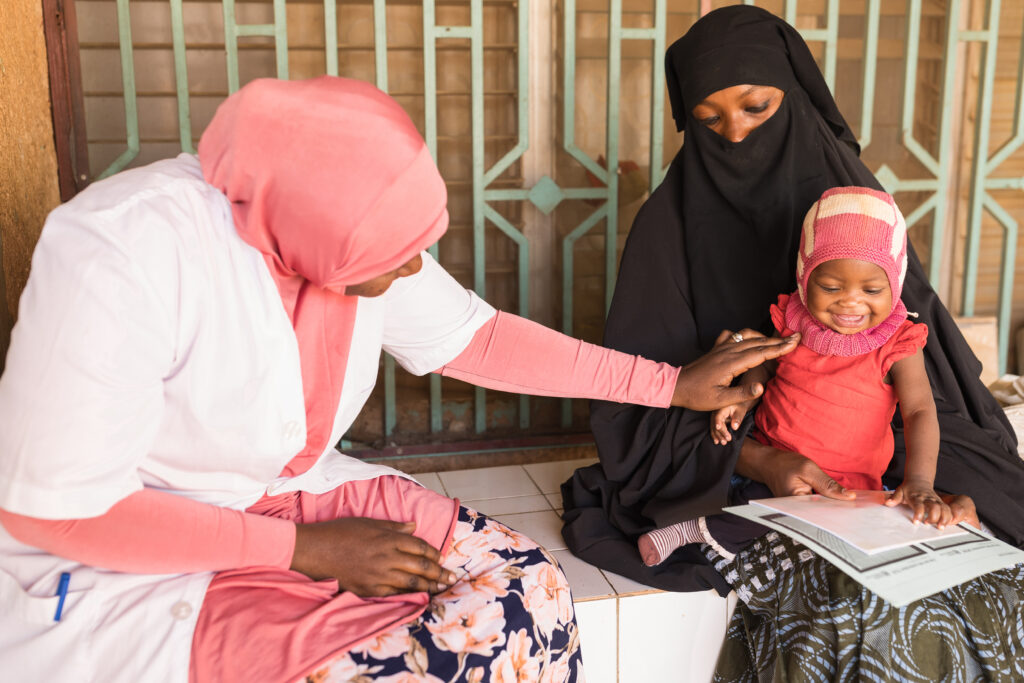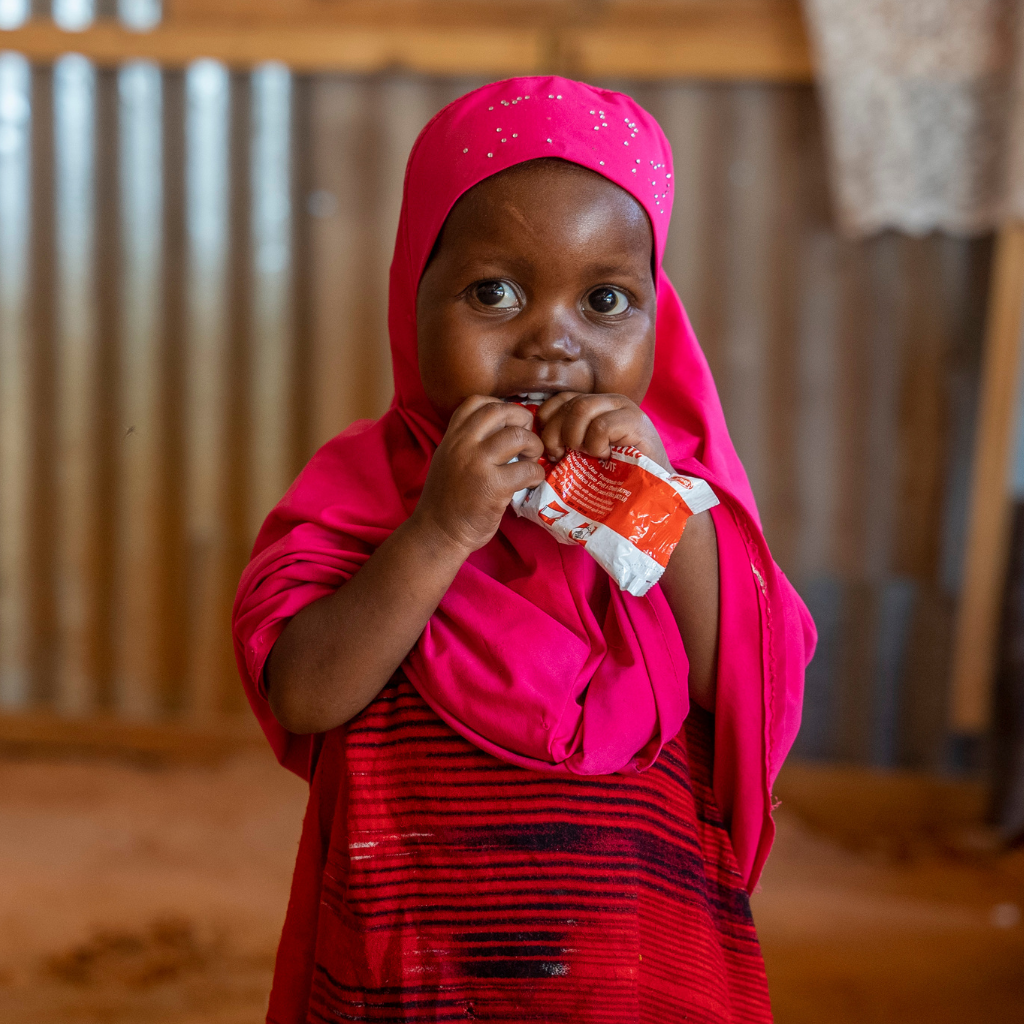On March 28th and 29th, 2024, Nepal’s Ministry of Health and Population’s Family Welfare Division, with support from Helen Keller Intl, held an event in Dhulikhel, Nepal. This event launched a new $1.5 million research investment to explore the introduction of Multiple Micronutrient Supplements (MMS) for pregnant and lactating women in all seven provinces of the country. MMS is a supplement that is proven to be safe and effective in improving the nutrition and health of pregnant women and their babies. The government of Nepal will steer this important research on MMS acceptability and adherence, and the outcomes of the research will help determine whether and how to deliver MMS at scale for thousands of pregnant and lactating women throughout the country.
Helen Keller will serve as the key implementing partner of the research study. Sight and Life Foundation will partner with Helen Keller to answer key questions around the supply of MMS in Nepal. The Eleanor Crook Foundation (ECF) provided the funding for this project, which is in service of Nepal’s Ministry of Health and Population’s goal of ensuring that the nutritional needs of women and children are met throughout the country.
More than 30 participants attended the event, including key members from the Federal Ministry of Health and Population, representatives from five provincial health directorates, and other development stakeholders, including Helen Keller, Sight and Life, and ECF. The meeting focused on three shared goals: 1) introducing participants to the significance of this MMS research for Nepal and globally; 2) presenting the strong global evidence in support of MMS; and 3) gathering feedback from government and non-government stakeholders before the research begins. Helen Keller will hold separate launch events to engage the Provincial Health Directorate and other key stakeholders from the two other provinces.
Dr. Bibek Kumar Lal, Director of the Family Welfare Division, emphasized the importance of transitioning from iron and folic acid (IFA), the current standard vitamin for pregnant and lactating women in Nepal to MMS. He cited myriad evidence, both global and specific to Nepal, that supports its effectiveness in improving pregnancy outcomes, such as increasing birth weight and reducing preterm births and stillbirths. Dr. Bibek highlighted its cost-effectiveness and advocated for including MMS on the national list of essential medicines.
Dr. Yashodhara Rana, Associate Director of Research at ECF, emphasized ECF’s commitment to this partnership with the government of Nepal, which is one of the Foundation’s original scaling partners, a growing cohort of countries prioritizing expanding women and children’s access to high-impact, cost-effective malnutrition interventions. Dr. Rana also highlighted the Foundation’s confidence in Helen Keller to implement this important research.
Dr. Sangita Kaushal Mishra, the Director General of the Department of Health Services in the Ministry of Health and Population, delivered the closing remarks on the first day of the event. She stated that Nepal’s maternal and child health outcomes necessitate a timely exploration of MMS adoption, and that this initiative should have been undertaken earlier. She also noted that if the research concludes with satisfactory evidence, the department will prioritize the logistical considerations around a country-wide transition to MMS.
At the end of the workshop, all stakeholders expressed their support for MMS.
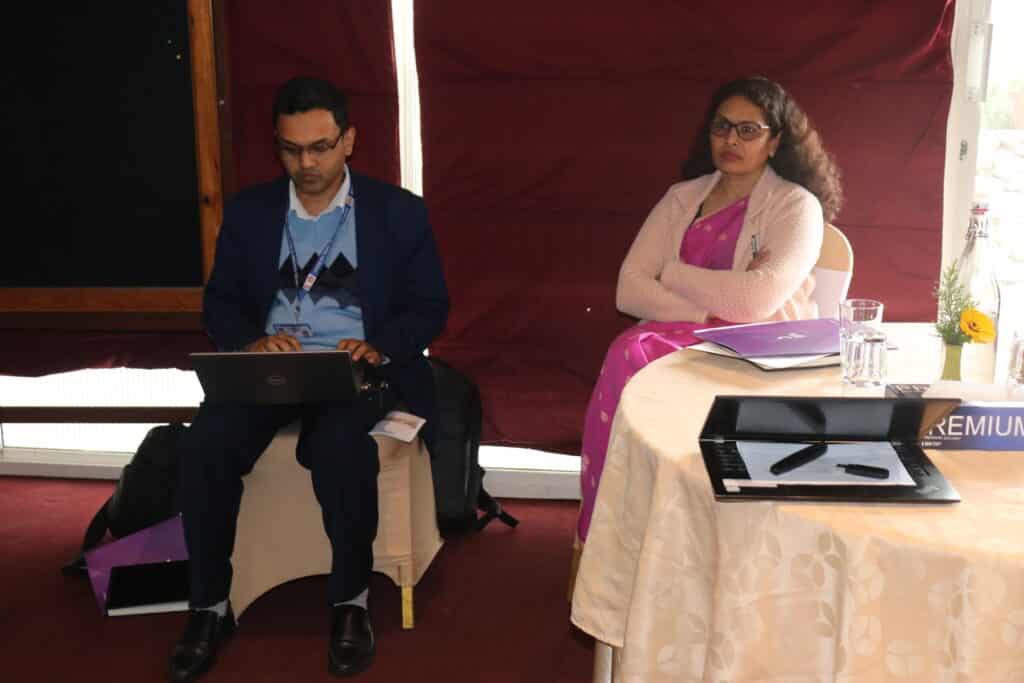
Dr. Sangita Kaushal Mishra (right), the Director General of the Department of Health Services in the Ministry of Health and Population, and Dr. Bibek Kumar Lal (left) listen during the Chairing Session on the first day of the workshops.
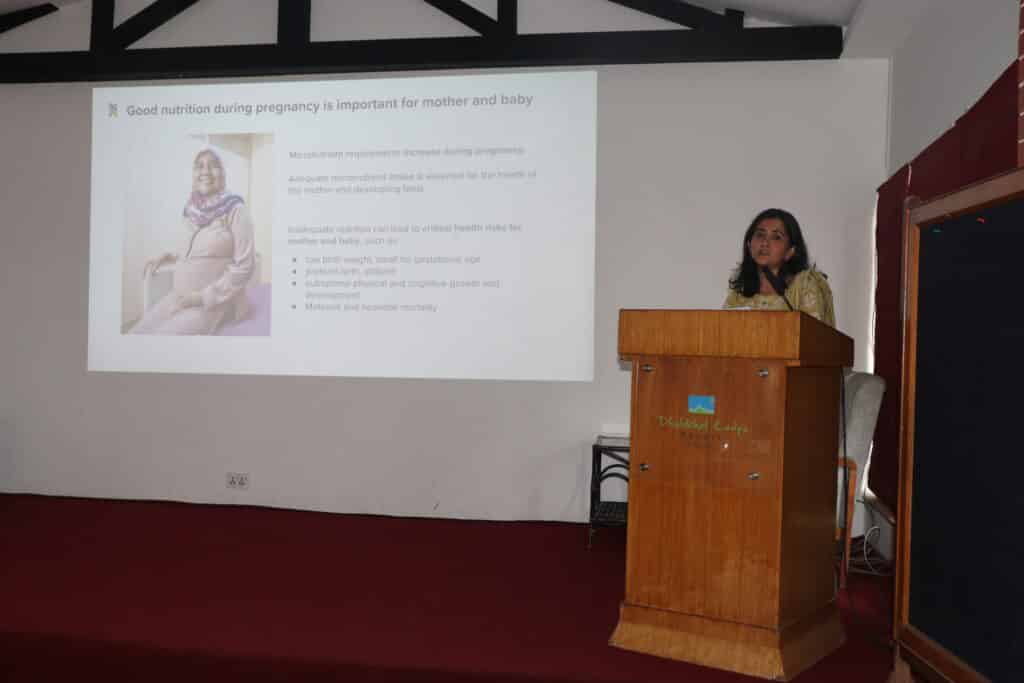
Dr. Yashodhara Rana, ECF’s Associate Director of Research, spoke on the first day of the event about the benefits of MMS for mothers and babies.
The Design & Purpose of the Research
Currently, pregnant women in Nepal take IFA, and the country’s IFA program has been implemented effectively, with 86% of pregnant women consuming at least 90 tablets. However, despite this progress, pregnant women in Nepal still suffer from various micronutrient deficiencies that can increase the risk of preterm birth and early pregnancy loss. MMS contains 15 essential vitamins and micronutrients to address these deficiencies and – remarkably – three recent reviews have shown that MMS is more effective at improving birth outcomes, especially among anemic and underweight women. Due to these promising results, Nepal has expressed a strong interest in exploring MMS to replace IFA for pregnant and lactating women.
Before undertaking a transition from IFA to MMS, however, the Nepalese government strives to have compelling evidence on how Nepalese women accept and adhere to MMS compared to IFA – as well as a sense of the operational needs for a smooth transition. To gather this evidence, Helen Keller will conduct a randomized controlled trial in Lumbini province, which will test whether pregnant women’s adherence to MMS is at least equal to IFA. Through demonstration pilots in Nepal’s remaining six provinces, the research will explore MMS acceptability for pregnant women, their families, and their healthcare providers. Helen Keller and Sight and Life Foundation are also conducting a joint supply assessment to better understand how to facilitate future procurement and distribution of MMS throughout Nepal. Nepal’s Nutrition Technical Committee, which is led by the Family Welfare Division in Nepal’s Health Ministry, will oversee all research activities. A Steering Committee of local and global experts has also been assembled to provide high-level oversight and monitoring to the research.
Critical Next Steps
With the conclusion of this significant launch event – and with all stakeholders firmly onboard – the work of the research project has begun and is expected to run through September 2025 and reach more than 3,000 women with MMS. This research will build the foundation for a successful transition to MMS in Nepal, with the goal of ensuring that all pregnant women have access to high-quality prenatal vitamins.
